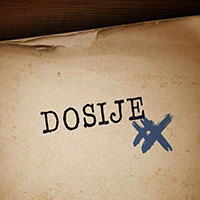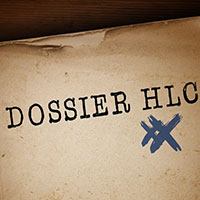Serbia refuses to apply provisions of Protocol I additional to the Geneva Conventions

8th of June 2017 marks the 40th anniversary of the adoption of Protocol I additional to the Geneva Conventions, which prescribes the responsibility of a commander to prevent the commission of crimes and punish the perpetrators.
Article 87, paragraph 3 of the Protocol: „The High Contracting Parties and Parties to the conflict shall require any commander who is aware that subordinates or other persons under his control are going to commit or have committed a breach of the Conventions or of this Protocol, to initiate such steps as are necessary to prevent such violations of the Conventions or this Protocol, and, where appropriate, to initiate disciplinary or penal action against violators thereof.” Protocol I had been incorporated into national military legislation already back in 1988. Although there is legal basis, no one has ever been prosecuted for command responsibility in Serbia for crimes committed during the wars in the former Yugoslavia.
The Humanitarian Law Center (HLC) filed a number of criminal complaints against commanders in whose areas of responsibility crimes had been committed. Apart from opening an investigation in the case of Dragan Živanović, HLC’s criminal complaints have been ignored. Not a single high-ranking person has been prosecuted by the Office of the War Crimes Prosecutor of Serbia in 13 years since the beginning of its work.







 Approximately 1,400 civilians were killed in the area of responsibility of the 37th Brigade of the Yugoslav Army in Kosovo in 1999. The mortal remains of a number of victims were discovered in mass graves in Serbia. The present Chief of
Approximately 1,400 civilians were killed in the area of responsibility of the 37th Brigade of the Yugoslav Army in Kosovo in 1999. The mortal remains of a number of victims were discovered in mass graves in Serbia. The present Chief of